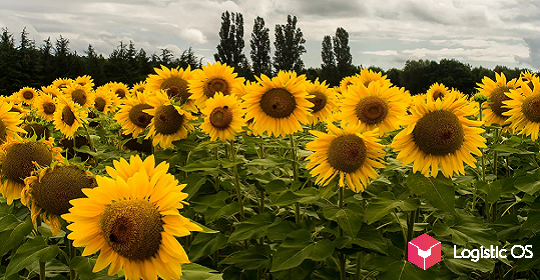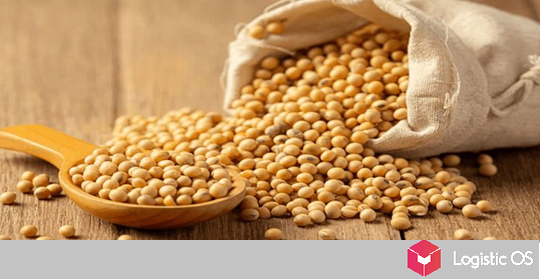Experts warn that the government’s plans to reduce seed imports could lead to a reduction in sugar beet cultivation in Russia.
A reduction in the sugar beet seed import quota for next year is currently under discussion.
According to some reports, the new quota could be as low as 25% of the level permitted in 2025. This is likely due to the fact that domestic seed production has grown by approximately 60% compared to 2024 levels.
Furthermore, agricultural producers have significant seed reserves, analysts note.
Recently, we have seen the Russian Ministry of Agriculture’s sugar beet seed import quotas rapidly shrink.
For example, in 2024, the quota was 2,900 tons, while in 2025, it was only 2,000. Next year, the quota could very likely be reduced to 1.6 million tons.
Some experts note, however, that reducing the quota for imported sugar beet seed could negatively impact the operations of Russian farmers. Although import substitution is undoubtedly an important priority, experts believe it should be implemented gradually.
At the same time, agricultural producers should retain the right to choose whether to purchase Russian or foreign seeds. Otherwise, there is a high risk that companies will be forced to use inefficient hybrids.
This could result in reduced sugar beet yields and a decrease in the amount of sugar produced per hectare of this crop.
Furthermore, there is a risk that some farmers will choose to abandon sugar beet cultivation altogether and replace it with other crops in their fields rather than use seeds of untrustworthy quality.
This, in turn, could lead to a reduction in sugar beet acreage in Russia, which also threatens to significantly reduce sugar production.
Analysts also note that, although domestic breeding is generally performing well, its development is slow, as is farmers’ transition from traditional foreign hybrids to domestic ones.
According to the latest data, self-sufficiency in sugar beet seeds among Russian farmers this year was 18%. This is significantly higher than the 8% seen a year ago, and even more so than the 2% seen a few years ago.
However, it’s worth noting that 18% is far from 100%, so Russia still has a long way to go to fully resolve this issue. Consequently, many experts consider a sharp reduction in import quotas a questionable decision.

